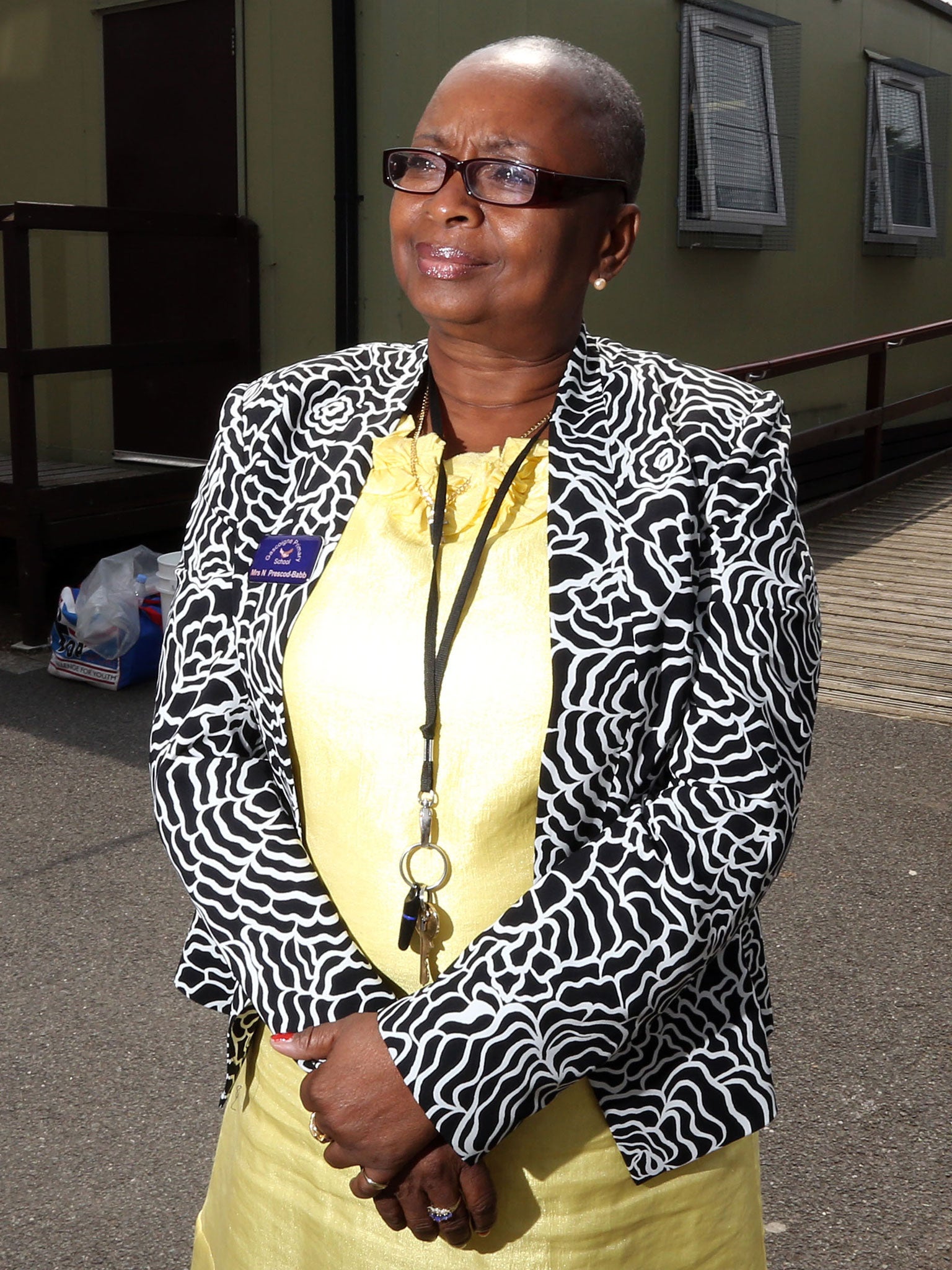Children lose out after primary schools fail to keep up with soaring demand for pupil places
Education Department blamed as libraries and play areas are turned into makeshift classrooms

Primary schools have had to sacrifice music rooms, libraries and even outdoor play space to cram in extra classrooms to cope with a massive shortage of places, MPs warn today.
Even poorly-performing schools face having to expand to take in extra pupils, the influential Commons public accounts committee reveals in a hard-hitting report.
It accuses the Department for Education of failing to identify the rising demand for school places in time. As a result, a total of 256,000 more will now be needed by September 2014.
The report also adds the number of children in infant classes of more than 30 pupils has more than doubled in the past five years - and a 20 per cent of primary schools were full or over capacity last May.
It concludes with the warning: “The department does not sufficiently understand the risks to children’s learning and development that may arise as authorities strain the sinews of the school estate to deliver enough places.”
Margaret Hodge, who chairs the committee, added: “It does not take much imagination to realize that educational opportunities and standards might be diminished in specialist areas, such as music rooms and libraries, are converted into classrooms or playgrounds used to house children in overcrowded demountables.”
Bob Garton, head of Gascoigne primary school in Barking and Dagenham -one of schools that has had to sacrifice space to take in extra pupils, said: “We used to have a field where children could play but we have had to put five demountable classrooms on it.”
The school, which has also had to sacrifice its music room and dismantle its library, has expanded from 800 to 1,200 pupils in the past five years.
“I understand the crisis that the local authority has faced,” said Mr Garton. “Obviously it has a statutory obligation to find a place for every child and I was only helping out - as indeed any other school would do if it had heard the individual stories of parents trying to get their children into school. They are heart-rending.”
The school is in the middle of a high rise estate and therefore does not have the option of expanding outside of its premises. In all, it has had to create eight extra classrooms - and a further two are now necessary.
Today’s report says: “Neither the Department nor local authorities anticipated how much and where pupil numbers were rising early enough and therefore failed to adequately plan for the increased demand
“We are concerned that the scale of financial contributions expected from some local authorities for new school places introduces wider risks to the ongoing maintenance of the school estate.”
It adds: “Some authorities may have no choice but to expand poorly performing schools if places are required in that area.”
It says solutions like this “may have a negative impact on school standards” - citing the fact that 76 per cent of councils have converted non-classroom space into classrooms and 64 per cent have reduced playground space.
The loss of music rooms, library space and playgrounds “can affect schools’ ability to deliver aspects of the curriculum”, it argues. “It also affects schools’ ability to provide a rich curriculum offer to students.”
The report urges the Government to look at the situation whereby councils are unable to require free schools and academies to expand if extra places are needed.
Schools Minister David Laws acknowledged there was “a severe need” to ensure enough school places but pinned the blame on the previous Labour government - saying the lack of planning foresight started under Ed Balls’ reign as Education Secretary. “The Coalition is clearing up messes left by Ed Balls and Labour when they were in government.”
The Government, he added, was investing £5 billion in new school buildings by 2015 and planned 190,000 extra places by September. Chief Secretary to the Treasury Danny Alexander also announced yesterday a further £7.5 billion programme between 2015 and 2021 which would create a further 500,000 places.
However, Mary Bousted, general secretary of the Association of Teachers and Lecturers, said: “Children desperately need places so they can start school in September - promising a million extra places in ten years’ time will be too late for them.”
Join our commenting forum
Join thought-provoking conversations, follow other Independent readers and see their replies
Comments